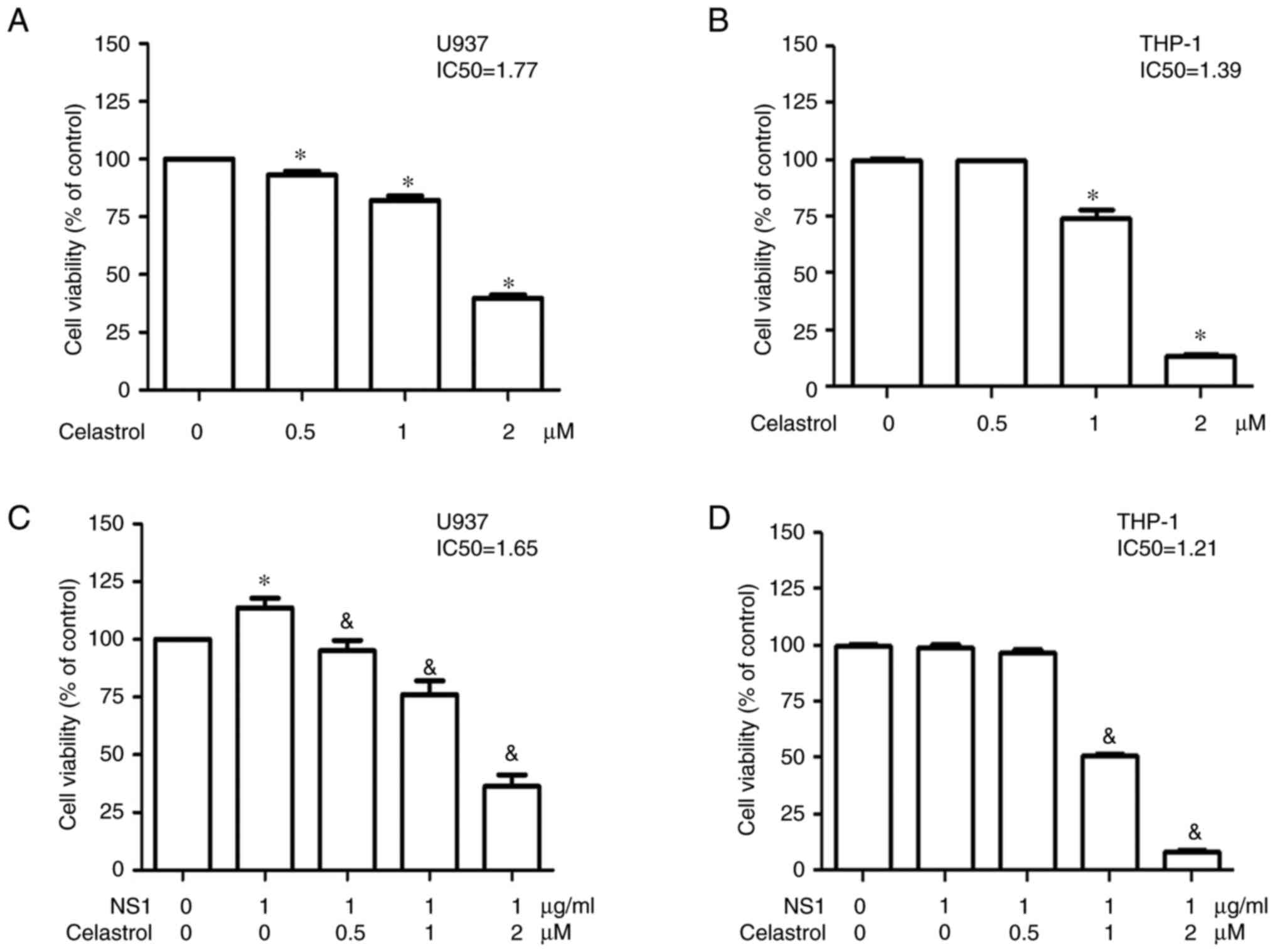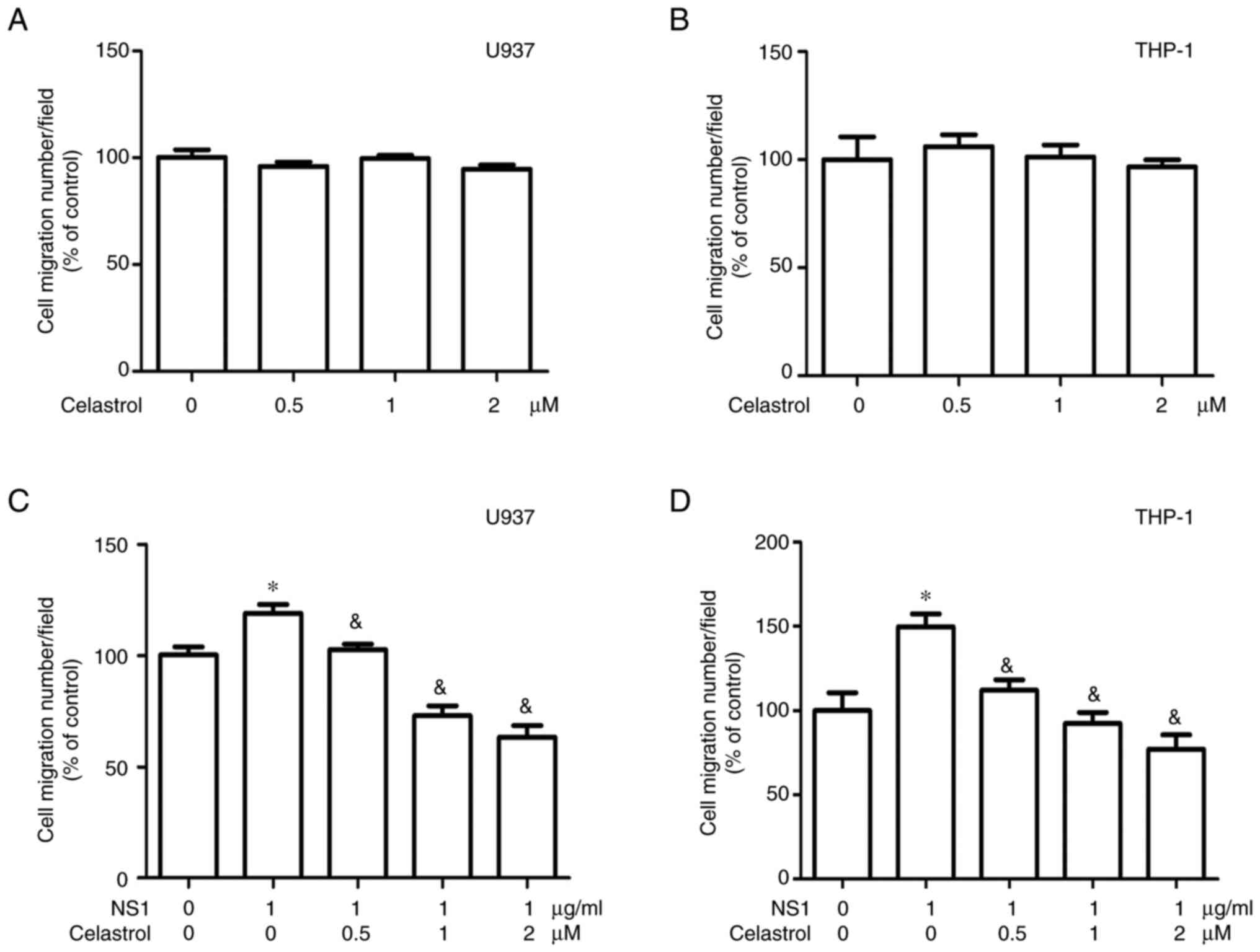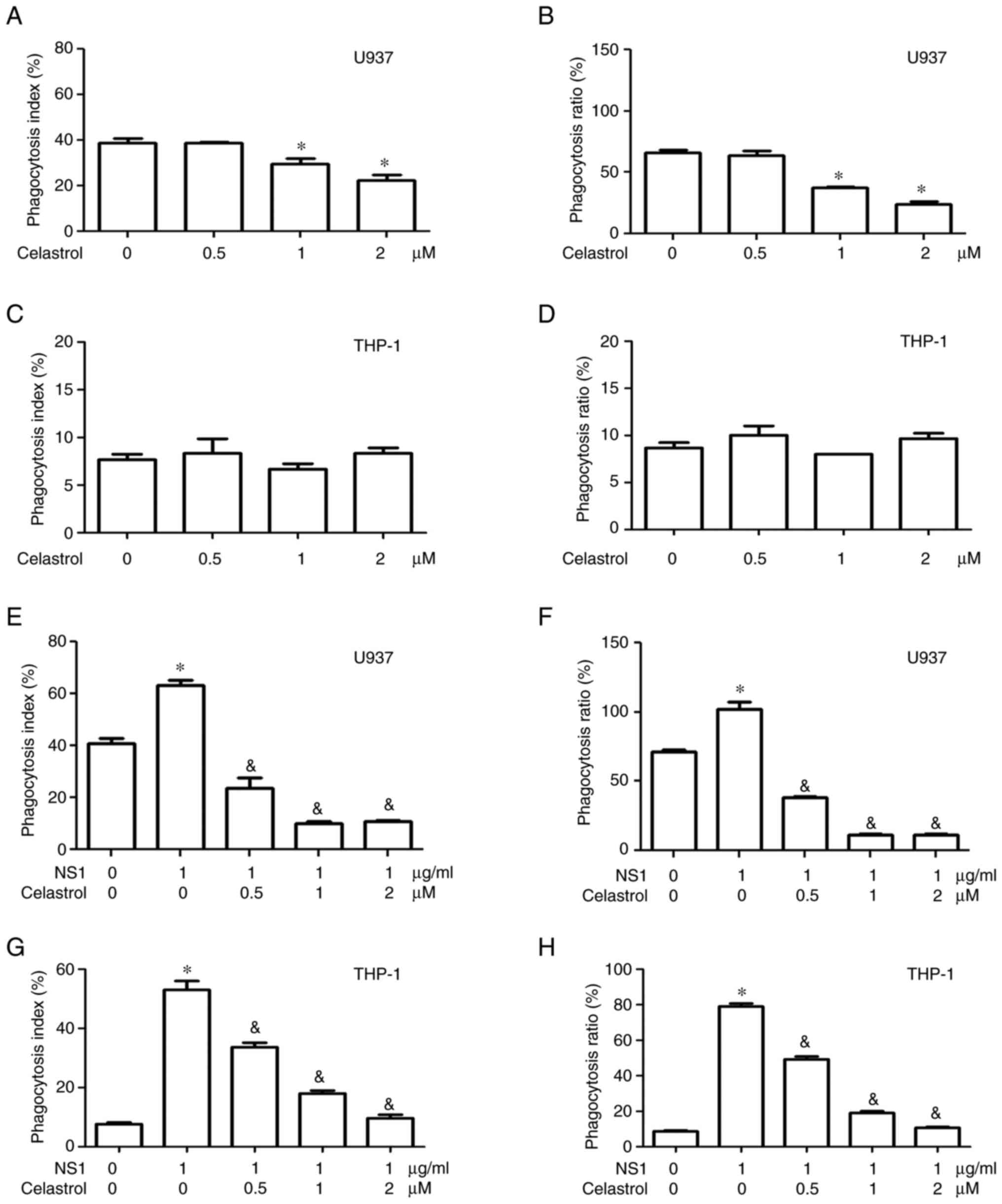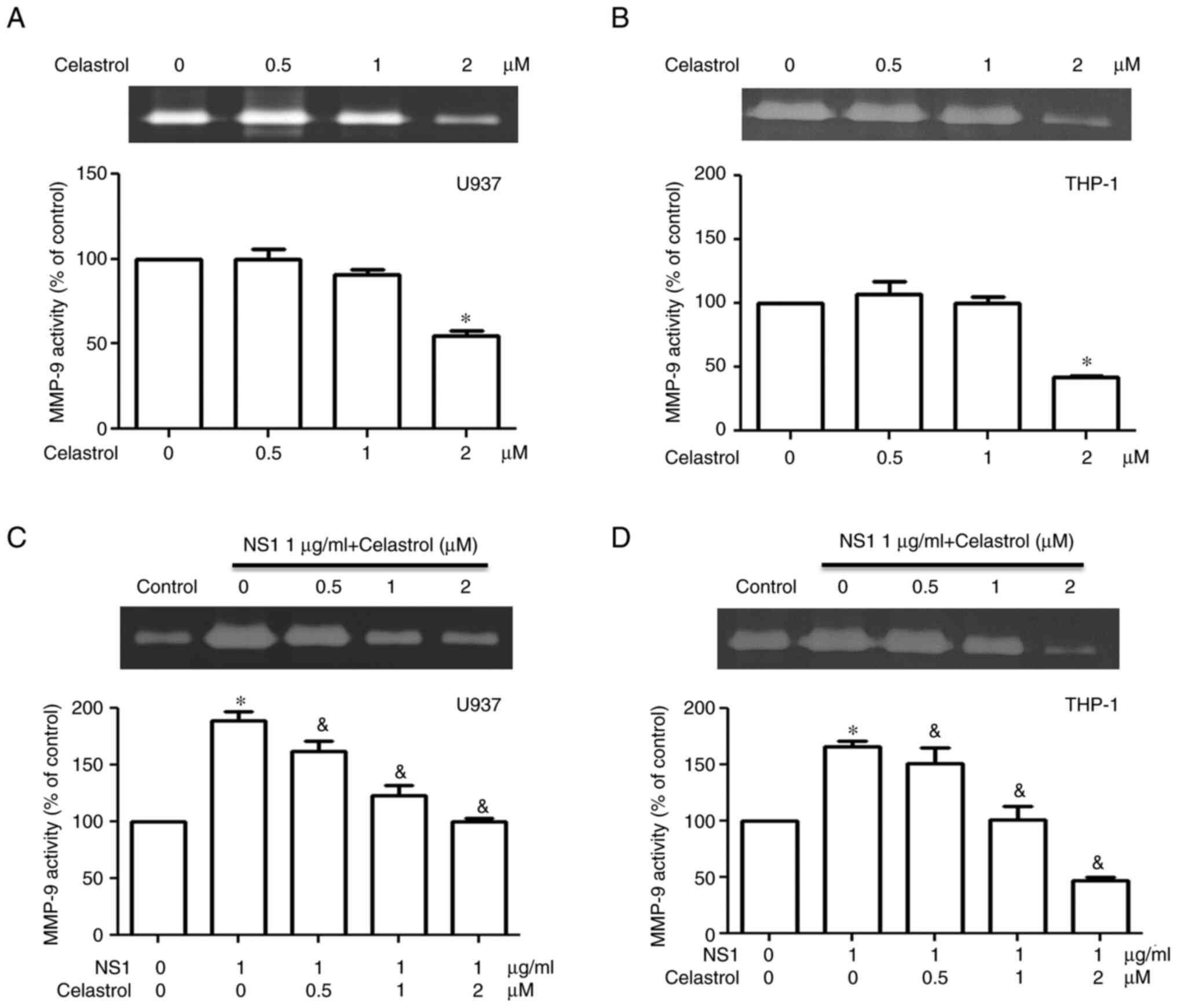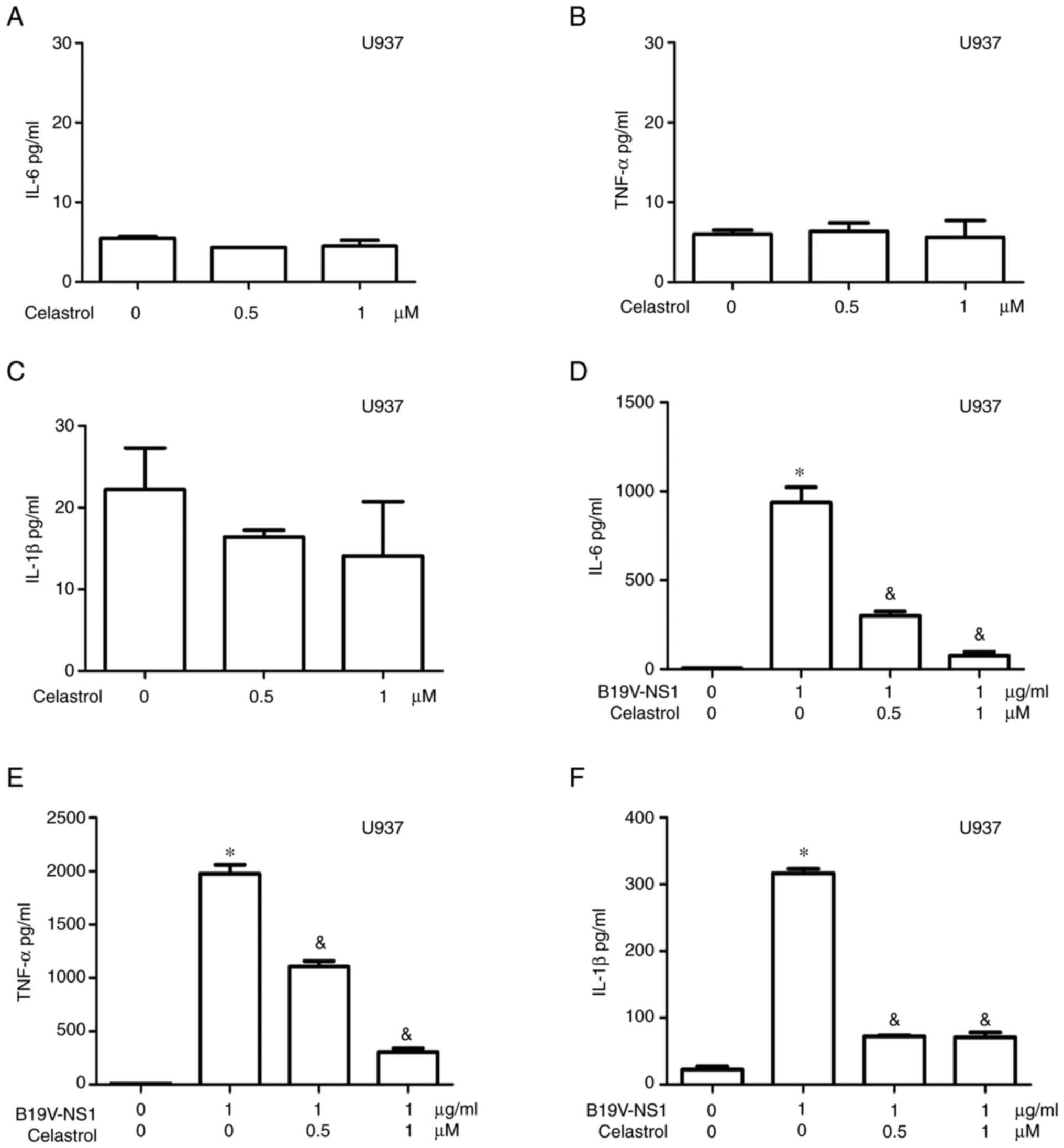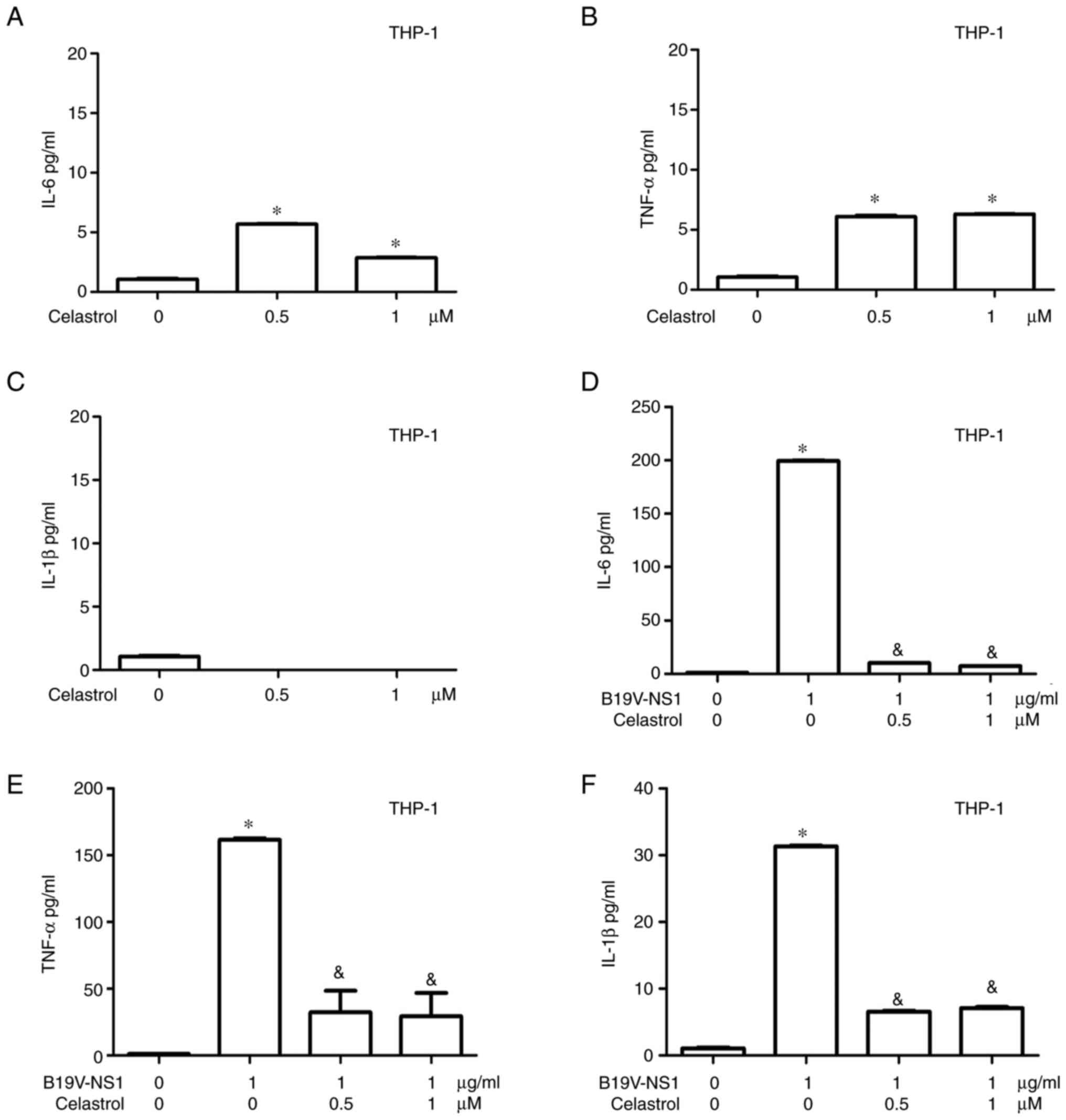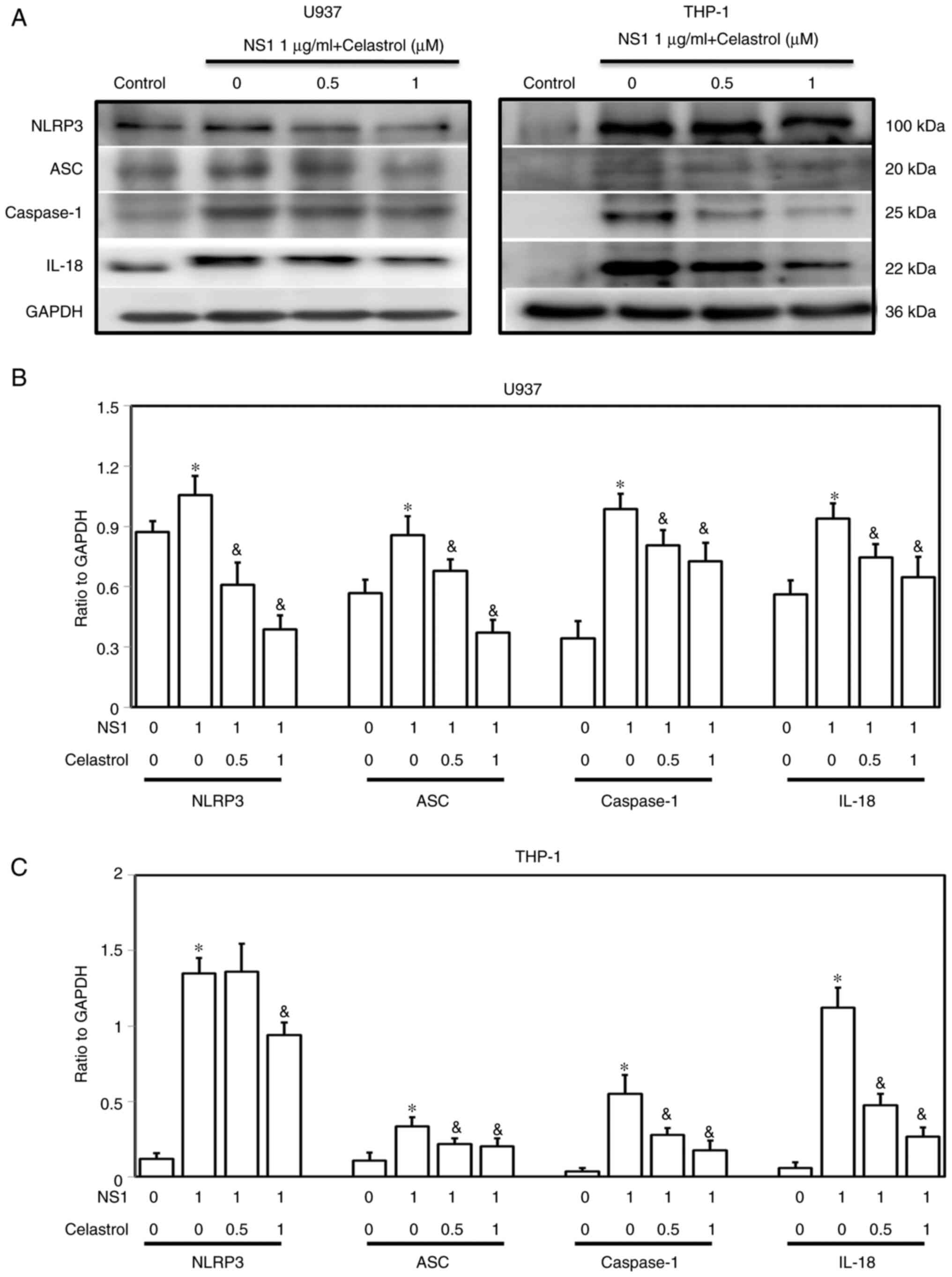|
1
|
Cossart Y: Parvovirus B19 finds a disease.
Lancet. 2:988–989. 1981. View Article : Google Scholar : PubMed/NCBI
|
|
2
|
Qiu J, Söderlund-Venermo M and Young NS:
Human parvoviruses. Clin Microbiol Rev. 30:43–113. 2017. View Article : Google Scholar : PubMed/NCBI
|
|
3
|
Cohen BJ and Buckley MM: The prevalence of
antibody to human parvovirus B19 in England and Wales. J Med
Microbiol. 25:151–153. 1988. View Article : Google Scholar : PubMed/NCBI
|
|
4
|
Tsujimura M, Matsushita K, Shiraki H, Sato
H, Okochi K and Maeda Y: Human parvovirus B19 infection in blood
donors. Vox Sang. 69:206–212. 1995. View Article : Google Scholar : PubMed/NCBI
|
|
5
|
Brown KE and Young NS: Parvovirus B19 in
human disease. Annu Rev Med. 48:59–67. 1997. View Article : Google Scholar : PubMed/NCBI
|
|
6
|
Heegaard ED and Brown KE: Human parvovirus
B19. Clin Microbiol Rev. 15:485–505. 2002. View Article : Google Scholar : PubMed/NCBI
|
|
7
|
Lehmann HW, von Landenberg P and Modrow S:
Parvovirus B19 infection and autoimmune disease. Autoimmun Rev.
2:218–223. 2003. View Article : Google Scholar : PubMed/NCBI
|
|
8
|
Young NS and Brown KE: Parvovirus B19. N
Engl J Med. 350:586–597. 2004. View Article : Google Scholar : PubMed/NCBI
|
|
9
|
Page C, François C, Goëb V and Duverlie G:
Human parvovirus B19 and autoimmune diseases. Review of the
literature and pathophysiological hypotheses. J Clin Virol.
72:69–74. 2015. View Article : Google Scholar : PubMed/NCBI
|
|
10
|
Ros C, Bieri J and Leisi R: The VP1u of
human parvovirus B19: A multifunctional capsid protein with
biotechnological applications. Viruses. 12:14632020. View Article : Google Scholar : PubMed/NCBI
|
|
11
|
Cotmore SF, McKie VC, Anderson LJ, Astell
CR and Tattersall P: Identification of the major structural and
nonstructural proteins encoded by human parvovirus B19 and mapping
of their genes by procaryotic expression of isolated genomic
fragments. J Virol. 60:548–557. 1986. View Article : Google Scholar : PubMed/NCBI
|
|
12
|
Ozawa K and Young N: Characterization of
capsid and noncapsid proteins of B19 parvovirus propagated in human
erythroid bone marrow cell cultures. J Virol. 61:2627–2630. 1987.
View Article : Google Scholar : PubMed/NCBI
|
|
13
|
Kawase M, Momoeda M, Young NS and Kajigaya
S: Most of the VP1 unique region of B19 parvovirus is on the capsid
surface. Virology. 211:359–366. 1995. View Article : Google Scholar : PubMed/NCBI
|
|
14
|
Tzang BS, Tsay GJ, Lee YJ, Li C, Sun YS
and Hsu TC: The association of VP1 unique region protein in acute
parvovirus B19 infection and anti-phospholipid antibody production.
Clin Chim Acta. 378:59–65. 2007. View Article : Google Scholar : PubMed/NCBI
|
|
15
|
Astell CR, Luo W, Brunstein J and St Amand
J: B19 parvovirus: biochemical and molecular features. Human
parvovirus B19. Anderson LJ and Young NS: Karger Publishers; Basel,
Switzerland: pp. 16–41. 1997, View Article : Google Scholar
|
|
16
|
Gareus R, Gigler A, Hemauer A,
Leruez-Ville M, Morinet F, Wolf H and Modrow S: Characterization of
cis-acting and NS1 protein responsive elements in the P6 promoter
of parvovirus B19. J Virol. 72:609–616. 1998. View Article : Google Scholar : PubMed/NCBI
|
|
17
|
Mitchell LA: Parvovirus B19 nonstructural
(NS1) protein as a transactivator of interleukin-6 synthesis:
Common pathway in inflammatory sequelae of human parvovirus
infections? J Med Virol. 67:267–274. 2002. View Article : Google Scholar : PubMed/NCBI
|
|
18
|
Jalali S, Farhadi A, Rafiei Dehbidi G,
Farjadian S, Sharifzadeh S, Ranjbaran R, Seyyedi N, Namdari S and
Behzad-Behbahani A: The pathogenic aspects of human parvovirus B19
NS1 protein in chronic and inflammatory diseases. Interdiscip
Perspect Infect Dis. 2022:16399902022. View Article : Google Scholar : PubMed/NCBI
|
|
19
|
Moffatt S, Tanaka N, Tada K, Nose M,
Nakamura M, Muraoka O, Hirano T and Sugamura K: A cytotoxic
nonstructural protein, NS1, of human parvovirus B19 induces
activation of interleukin-6 gene expression. J Virol. 70:8485–8491.
1996. View Article : Google Scholar : PubMed/NCBI
|
|
20
|
Moffatt S, Yaegashi N, Tada K, Tanaka N
and Sugamura K: Human parvovirus B19 nonstructural (NS1) protein
induces apoptosis in erythroid lineage cells. J Virol.
72:3018–3028. 1998. View Article : Google Scholar : PubMed/NCBI
|
|
21
|
Hsu TC, Wu WJ, Chen MC and Tsay GJ: Human
parvovirus B19 non-structural protein (NS1) induces apoptosis
through mitochondria cell death pathway in COS-7 cells. Scand J
Infect Dis. 36:570–577. 2004. View Article : Google Scholar : PubMed/NCBI
|
|
22
|
Poole BD, Kivovich V, Gilbert L and Naides
SJ: Parvovirus B19 nonstructural protein-induced damage of cellular
DNA and resultant apoptosis. Int J Med Sci. 8:88–96. 2011.
View Article : Google Scholar : PubMed/NCBI
|
|
23
|
Fu Y, Ishii KK, Munakata Y, Saitoh T, Kaku
M and Sasaki T: Regulation of Tumor necrosis factor alpha promoter
by human parvovirus B19 NS1 through activation of AP-1 and AP-2. J
Virol. 76:5395–5403. 2002. View Article : Google Scholar : PubMed/NCBI
|
|
24
|
Cascão R, Fonseca JE and Moita LF:
Celastrol: A spectrum of treatment opportunities in chronic
diseases. Front Med (Lausanne). 4:692017. View Article : Google Scholar : PubMed/NCBI
|
|
25
|
Kun-Ming C, Chih-Hsien C, Chen-Fang L,
Ting-Jung W, Hong-Shiue C and Wei-Chen L: Potential anticancer
effect of celastrol on hepatocellular carcinoma by suppressing
CXCR4-related signal and impeding tumor growth in vivo. Arch Med
Res. 51:297–302. 2020. View Article : Google Scholar : PubMed/NCBI
|
|
26
|
Cui Y, Jiang X and Feng J: The therapeutic
potential of triptolide and celastrol in neurological diseases.
Front Pharmacol. 13:10249552022. View Article : Google Scholar : PubMed/NCBI
|
|
27
|
Li Z, Zhang J, Duan X, Zhao G and Zhang M:
Celastrol: A promising agent fighting against cardiovascular
diseases. Antioxidants (Basel). 11:15972022. View Article : Google Scholar : PubMed/NCBI
|
|
28
|
Tseng CK, Hsu SP, Lin CK, Wu YH, Lee JC
and Young KC: Celastrol inhibits hepatitis C virus replication by
upregulating heme oxygenase-1 via the JNK MAPK/Nrf2 pathway in
human hepatoma cells. Antiviral Res. 146:191–200. 2017. View Article : Google Scholar : PubMed/NCBI
|
|
29
|
Chen DY, Chen YM, Chen HH, Hsieh CW, Gung
NR, Hung WT, Tzang BS and Hsu TC: Human parvovirus B19
nonstructural protein NS1 activates NLRP3 inflammasome signaling in
adult-onset Still's disease. Mol Med Rep. 17:3364–3371.
2018.PubMed/NCBI
|
|
30
|
Wu J, Chen X, Ye H, Yao M, Li S and Chen
L: Nonstructural protein (NS1) of human parvovirus B19 stimulates
host innate immunity and blunts the exogenous type I interferon
signaling in vitro. Virus Res. 222:48–52. 2016. View Article : Google Scholar : PubMed/NCBI
|
|
31
|
Takasawa N, Munakata Y, Ishii KK,
Takahashi Y, Takahashi M, Fu Y, Ishii T, Fujii H, Saito T, Takano
H, et al: Human parvovirus B19 transgenic mice become susceptible
to polyarthritis. J Immunol. 173:4675–4683. 2004. View Article : Google Scholar : PubMed/NCBI
|
|
32
|
Chisaka H, Morita E, Murata K, Ishii N,
Yaegashi N, Okamura K and Sugamura K: A transgenic mouse model for
non-immune hydrops fetalis induced by the NS1 gene of human
parvovirus B19. J Gen Virol. 83((Pt 2)): 273–281. 2002. View Article : Google Scholar : PubMed/NCBI
|
|
33
|
Bachelier K, Biehl S, Schwarz V,
Kindermann I, Kandolf R, Sauter M, Ukena C, Yilmaz A, Sliwa K, Bock
CT, et al: Parvovirus B19-induced vascular damage in the heart is
associated with elevated circulating endothelial microparticles.
PLoS One. 12:e01763112017. View Article : Google Scholar : PubMed/NCBI
|
|
34
|
Chen DY, Chen YM, Tzang BS, Lan JL and Hsu
TC: Th17-related cytokines in systemic lupus erythematosus patients
with dilated cardiomyopathies: A possible linkage to parvovirus B19
infection. PLoS One. 9:e1138892014. View Article : Google Scholar : PubMed/NCBI
|
|
35
|
Nam NH: Naturally occurring NF-kappaB
inhibitors. Mini Rev Med Chem. 6:945–951. 2006. View Article : Google Scholar : PubMed/NCBI
|
|
36
|
Dirsch VM, Kiemer AK, Wagner H and Vollmar
AM: The triterpenoid quinonemethide pristimerin inhibits induction
of inducible nitric oxide synthase in murine macrophages. Eur J
Pharmacol. 336:211–217. 1997. View Article : Google Scholar : PubMed/NCBI
|
|
37
|
Jin HZ, Hwang BY, Kim HS, Lee JH, Kim YH
and Lee JJ: Antiinflammatory constituents of Celastrus orbiculatus
inhibit the NF-kappaB activation and NO production. J Nat Prod.
65:89–91. 2002. View Article : Google Scholar : PubMed/NCBI
|
|
38
|
Kim Y, Kang H, Jang SW and Ko J: Celastrol
inhibits breast cancer cell invasion via suppression of
NF-ĸB-mediated matrix metalloproteinase-9 expression. Cell Physiol
Biochem. 28:175–184. 2011. View Article : Google Scholar : PubMed/NCBI
|
|
39
|
Venkatesha SH, Dudics S, Astry B and
Moudgil KD: Control of autoimmune inflammation by celastrol, a
natural triterpenoid. Pathog Dis. 74:ftw0592016. View Article : Google Scholar : PubMed/NCBI
|
|
40
|
Zhou D, Li X, Xiao X, Wang G, Chen B, Song
Y, Liu X, He Q, Zhang H, Wu Q, et al: Celastrol targets the
ChREBP-TXNIP axis to ameliorates type 2 diabetes mellitus.
Phytomedicine. 110:1546342023. View Article : Google Scholar : PubMed/NCBI
|
|
41
|
Cascão R, Vidal B, Carvalho T, Lopes IP,
Romão VC, Goncalves J, Moita LF and Fonseca JE: Celastrol efficacy
by oral administration in the adjuvant-induced arthritis model.
Front Med. (Lausanne). 7:4552020.
|
|
42
|
Gao Q, Qin H, Zhu L, Li D and Hao X:
Celastrol attenuates collagen-induced arthritis via inhibiting
oxidative stress in rats. Int Immunopharmacol. 84:1065272020.
View Article : Google Scholar : PubMed/NCBI
|















